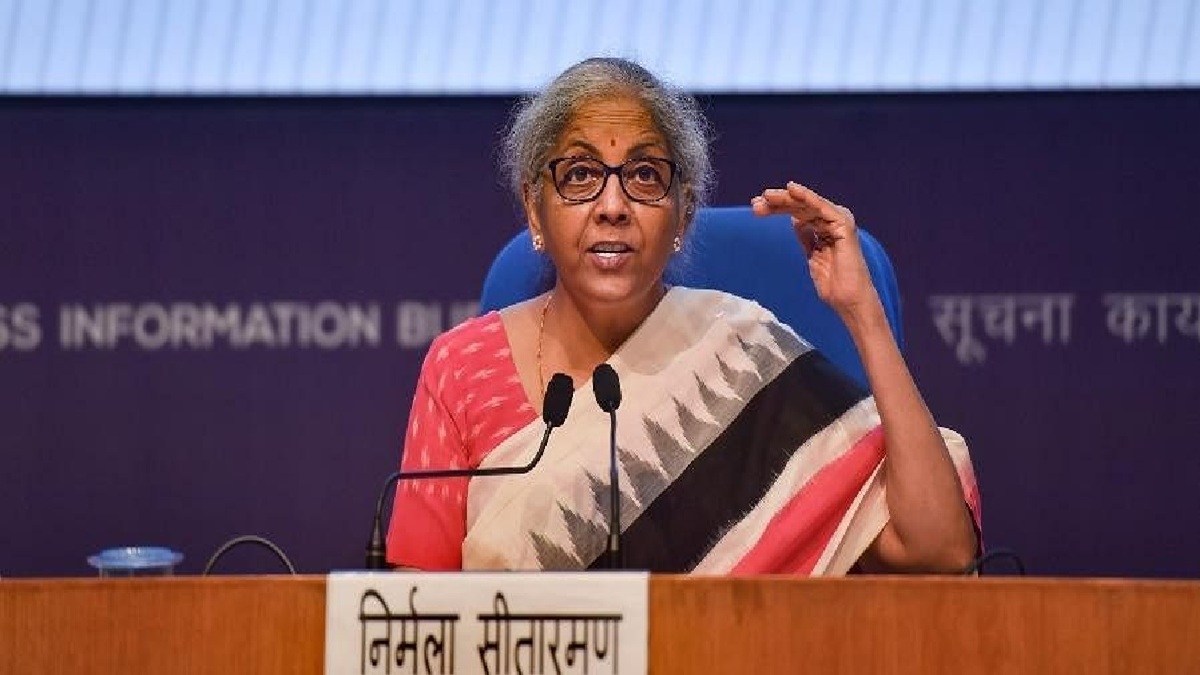 |
|
India, a nation on the cusp of a demographic dividend, faces the crucial challenge of harnessing its burgeoning young population into a productive workforce. The upcoming 2025 budget is anticipated to heavily emphasize job creation, building on the previous year's introduction of the PM internship scheme. The Confederation of Indian Industry (CII), a powerful voice in the Indian business landscape, has presented a set of seven key recommendations to the government, aiming to maximize the potential of this demographic shift and foster inclusive growth. These recommendations span a range of policy areas, from comprehensive employment policy frameworks to targeted interventions in specific sectors and crucial tax reforms. The gravity of this situation is underscored by the projected increase in the working-age population by a staggering 133 million by 2050. Failure to capitalize on this demographic opportunity risks significant economic and social consequences, potentially leading to widespread unemployment and social unrest. Therefore, proactive and effective policy decisions are not merely desirable; they are essential for India's future prosperity.
Central to CII's proposals is the establishment of a comprehensive national employment policy. This policy would provide a cohesive and overarching framework for job creation initiatives, ensuring coordination across various government ministries and agencies. Currently, job creation efforts often lack coordination, leading to inefficiencies and missed opportunities. A well-defined national policy would streamline these efforts, maximizing their impact. Furthermore, the CII emphasizes the need to support labor-intensive sectors. These sectors, often overlooked in favor of capital-intensive industries, are crucial for providing employment opportunities for a large segment of the population, particularly those with limited skills or education. Targeted support measures, including financial incentives, skill development programs, and infrastructure improvements, can significantly boost employment in these crucial sectors. The establishment of an international transport authority is another significant recommendation, aiming to improve India's connectivity and bolster the logistics and transportation sectors, further creating employment opportunities.
Recognizing the immense potential of India's young population, the CII has also proposed a rural internship program, specifically targeting government offices. This program aims to bridge the gap between education and practical skills, providing valuable experience for college graduates while simultaneously enhancing the efficiency of government operations. This initiative cleverly addresses two critical challenges simultaneously: youth unemployment and improving the effectiveness of government services. The short-term nature of the internships makes them a flexible and cost-effective way to provide valuable work experience, offering a stepping stone to future employment opportunities. The program also serves as a practical method to integrate young people into the workforce, bridging the gap between theoretical education and real-world skills. The success of this program depends on effective implementation and careful coordination between educational institutions and government agencies.
Significant tax reforms are also advocated by the CII to stimulate job creation. The proposal to replace Section 80JJAA with a new provision under Chapter VIA is crucial. This would ensure continued tax deductions for businesses creating new jobs, even for those opting for the new reduced tax regime. This incentive provides a crucial carrot for businesses to invest in job creation, offering a tangible benefit for creating employment opportunities. This approach is a significant departure from simply relying on infrastructure development or broad-based economic growth, placing direct emphasis on incentivizing the creation of jobs. This targeted approach directly addresses the core issue of unemployment by making job creation a fiscally attractive proposition for businesses. It is also important that the tax system ensures equity and fairness alongside incentivization.
Finally, CII emphasizes the need to address India's Incremental Capital Output Ratio (ICOR), which currently stands at 4.1. The suggestion to establish an expert committee to study and recommend measures to improve this ratio is crucial for long-term economic growth and job creation. A high ICOR implies that a significant amount of capital investment is required to generate each unit of output, making job creation more challenging and expensive. By lowering this ratio, India can achieve greater efficiency in its investment spending, ultimately resulting in more jobs and faster economic growth. This represents a holistic approach to economic management, aiming to enhance overall efficiency and productivity across various sectors, creating a more conducive environment for job creation. The committee's recommendations would likely involve examining various factors affecting productivity, including technology adoption, infrastructure development, skill development, and regulatory efficiency.
In conclusion, the CII's recommendations offer a comprehensive and multifaceted approach to addressing India's employment challenges. The proposals encompass a wide range of policy interventions, from overarching national policies to targeted support for specific sectors and crucial tax reforms. The emphasis on addressing the ICOR underscores the need for a holistic and long-term perspective on economic management, focusing on enhancing productivity and efficiency. The success of these initiatives hinges on effective implementation, strong inter-agency coordination, and a sustained commitment from the government. The successful execution of these recommendations holds the key to unlocking India’s demographic dividend, paving the way for sustainable economic growth and inclusive development.
